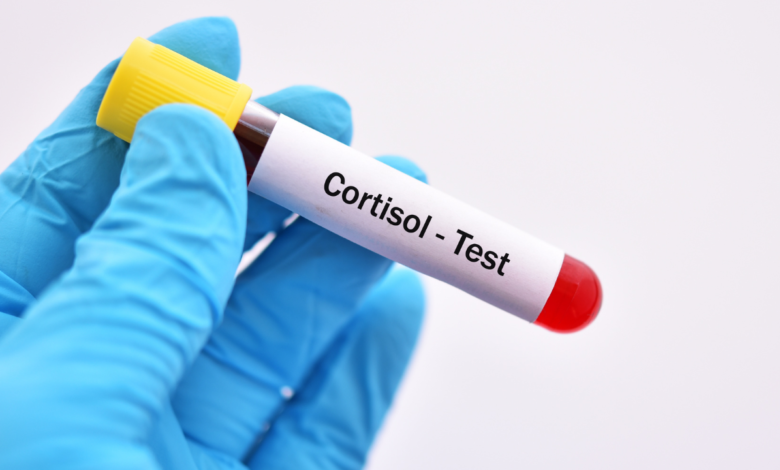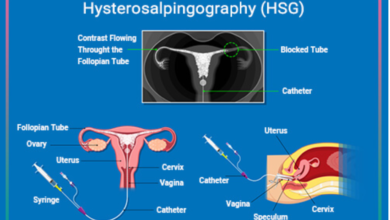Cortisol

What is Cortisol test?
Cortisol is a hormone produced by the adrenal glands in response to stress. It helps regulate blood sugar, blood pressure, and immune function. Cortisol levels naturally fluctuate throughout the day, with higher levels in the morning and lower levels in the evening.
Why Cortisol test is required?
A cortisol test may be ordered to:
- Evaluate adrenal gland function.
- Diagnose conditions such as Cushing’s syndrome (excess cortisol) or Addison’s disease (insufficient cortisol).
- Assess stress levels and their impact on health.
- Monitor the effectiveness of treatments for hormonal disorders.
- Investigate sleep disorders or fatigue.
Which are the method of Cortisoltest ?
Cortisol levels can be measured in several ways:
- Blood test: A blood sample is drawn and analyzed in a laboratory. This is the most common method.
- Saliva test: Saliva samples can be collected at home and sent to a laboratory for analysis. This method is often used to assess daily cortisol fluctuations.
- Urine test: A 24-hour urine collection is required for this test.
Who should go for Cortisol test ?
Individuals who may benefit from a cortisol test include:
- People with symptoms of excess cortisol, such as weight gain, moon face, or high blood pressure.
- Those with symptoms of insufficient cortisol, such as fatigue, weakness, or low blood pressure.
- Individuals experiencing chronic stress or sleep disorders.
- People undergoing treatment for hormonal disorders.
What are the results of Cortisol test ?
The results of a cortisol test are typically expressed as a numerical value representing the concentration of the hormone in the blood, saliva, or urine. Abnormal levels may indicate underlying health conditions. It’s important to consult with a healthcare provider to interpret the results and discuss appropriate next steps.
What are the components of Cortisol test ?
The cortisol test itself typically involves a blood, saliva, or urine sample. However, it may be ordered in conjunction with other tests, such as ACTH (adrenocorticotropic hormone), to provide a more comprehensive picture of adrenal gland function.





